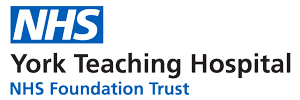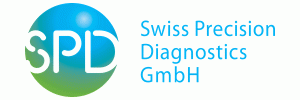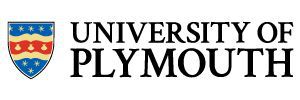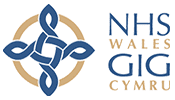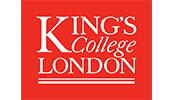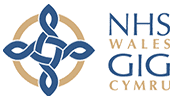
Paper based clinical trials
Capturing high volumes of patient data from case report forms, patient surveys, and questionnaires during paper based clinical trials is a time-consuming and labour-intensive task.
eClinical is a hybrid data capture system that combines traditional paper-based data collection (PBDC) with electronic data capture to enable you to process patient data efficiently without compromising accuracy, reliability, or audibility.
For paper-based surveys, eClinical reads paper case report forms via a high-volume document scanner and/or fax server to extract data, record marked diagrams, spot mistakes and verify data before automatically exporting the results into your existing databases.

